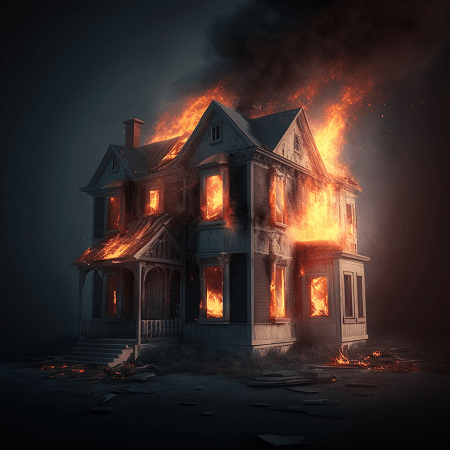Disasters can strike at any time, and being prepared can mean the difference between life and death. Here are 10 tips to help you and your family stay safe in the event of an emergency.
- Make a plan. Sit down with your family and make a plan for what to do in case of an emergency. Make sure everyone knows what to do and where to go.
- Create an emergency contact list. Keep a list of emergency contacts, including family members, friends, and your local emergency services, in a easily accessible place, like your phone or refrigerator.
- Stock up on emergency supplies. Keep a supply of non-perishable food, water, and essential medications on hand. Make sure you have a battery-powered or hand-crank radio, a flashlight, and extra batteries.
- Identify potential hazards in your home. Make a list of potential hazards and take steps to mitigate them. This might include securing heavy furniture and appliances, or installing smoke detectors and carbon monoxide detectors.
- Have a communication plan. Make sure everyone in your family knows how to contact each other, and have a plan in place for how to communicate if phone lines are down.
- Learn CPR and first aid. Knowing basic life-saving skills can be the difference between life and death in an emergency. Consider taking a CPR and first aid class.
- Secure important documents. Keep important documents such as birth certificates, passports, and insurance documents in a water and fire-proof safe.
- Have an evacuation plan. Make sure you know the evacuation routes for your area, and have a plan in place for how to get to safety if you need to evacuate your home.
- Practice your plan. Make sure everyone in your family knows what to do in case of an emergency by practicing your plan.
- Stay informed. Stay informed about potential hazards in your area and any emergency alerts by signing up for emergency notifications from local authorities and by tuning into local news and weather channels.
Now that you have a plan in place and know the steps to take to prepare your family and home for an emergency, it’s essential to have the right supplies on hand to keep you and your loved ones safe. Having a well-stocked emergency kit with essential supplies can mean the difference between life and death during a crisis. In the following list, we have compiled a list of 10 important emergency supplies that every household should have in case of an emergency. It’s important to note that this list is not exhaustive and you should always consider the specific needs of your family and the potential hazards in your area.
- Water: It’s essential to have a supply of clean drinking water in case of an emergency. A good rule of thumb is to have at least 1 gallon per person per day for a minimum of three days.
- Non-perishable food: Keep a supply of non-perishable food that is easy to prepare, such as canned goods, energy bars, and dried fruit.
- Flashlight and extra batteries: A flashlight is essential for navigating in the dark, especially if the power goes out. Make sure to have extra batteries on hand.
- First Aid Kit: Keep a well-stocked first aid kit with basic supplies such as bandages, gauze, and pain relievers.
- Multi-purpose tool: A multi-purpose tool such as a Swiss army knife or a Leatherman can come in handy in an emergency.
- Battery-powered or hand-crank radio: A radio will help you stay informed about what’s happening in case of an emergency.
- Whistle: A whistle can be used to signal for help if you’re lost or injured.
- Emergency blankets: These blankets are designed to retain heat and can help keep you warm in case of an emergency.
- Fire extinguisher: A fire extinguisher is essential to have on hand in case of a fire.
- Personal hygiene and sanitation items: Keep a supply of personal hygiene and sanitation items such as wet wipes, hand sanitizer, and toilet paper.
It’s important to note that this list is not exhaustive and you should always consider the specific needs of your family and the potential hazards in your area. Additionally, you should make sure to periodically review and update your emergency supplies to make sure they are still useful and in good condition.
In summary, being prepared for emergencies is crucial to keep yourself and your loved ones safe. A good first step is to make a plan and familiarize yourself with the potential hazards in your area. Knowing what to do and how to communicate in case of an emergency can make all the difference. Additionally, having a well-stocked emergency kit with essential supplies such as water, non-perishable food, a flashlight, first aid kit, and more, can give you peace of mind and help you weather any emergency situation. Remember to keep your emergency plan and supplies up to date, and to stay informed about potential hazards in your area. By following these tips, you can be better prepared for whatever emergency may come your way.


